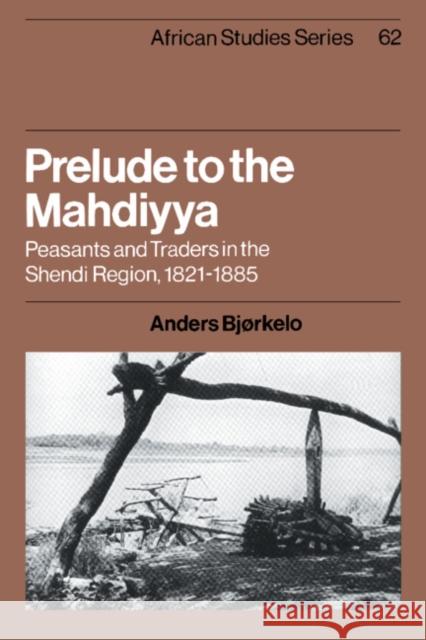Prelude to the Mahdiyya: Peasants and Traders in the Shendi Region, 1821-1885 » książka
Prelude to the Mahdiyya: Peasants and Traders in the Shendi Region, 1821-1885
ISBN-13: 9780521534444 / Angielski / Miękka / 2003 / 212 str.
During the first colonial period (the Turkiyya, 1821 85), the Shendi region of the Northern Sudan was inhabited by peasants, traders and nomads. This book analyses socio-economic change among the peasants and traders during this formative period of Sudanese history. Administration, agriculture and trade in transition from a pre-colonial to a colonial economy are discussed. Anders Bjorkelo argues that Turkish demands for cash-crop cultivation and taxation in cash ruined the villages and towns and undermined the local subsistence economy, and that the role of traders as mediators in the process of monetisation contributed to stagnation and rural indebtedness. By combining a thorough mastery of the travel literature with examination of previously unknown manuscript sources, notably the private papers of a prominent Sudanese merchant, he is able to offer a closer view of the situation of trader and peasant families. For the first time it is possible to consider the period from a Sudanese point of view. Dr Bjorkelo concludes that General Gordon's policy of driving back to the impoverished north the waves of emigrants to the Southern Sudan was instrumental in triggering off the Mahdist movement, and also interestingly suggests points of comparison between reactions to Muslim, as against European, imperialism."











